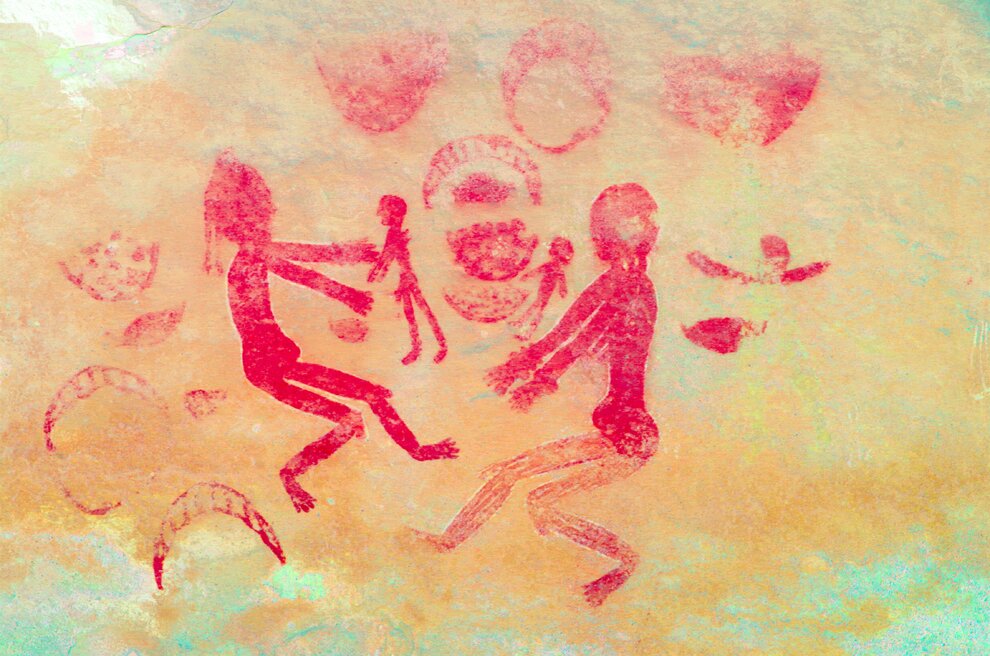Comparing public health policies and performances among BRICS countries - and beyond
BRICs Seminar 2020-2021 | Wednesday, 7 of April
Wednesday
07
April
2021
6:00 pm
6:00 pm

Published at 7 April 2021





